Call for Abstracts on Civil Resistance Against Authoritarian and Religious Radicalism

15
Aug
Call for Abstracts on Civil Resistance Against Authoritarian and Religious Radicalism
The World Anti-Extremism Network (WAEN) is organizing the Toronto Democracy Forum 2025, a conference bringing together scholars and practitioners to examine how rights defenders and democrats engage in everyday resistance against authoritarian regimes and religious extremism around the world.
Despite entrenched authoritarian regimes and violent religious extremist actors, the people have never ceased to practice several forms of nonviolent action to advance democracy, pluralism, and rights. Various forms of authoritarianism have been challenged by diverse forms of resistance. People have organized in different ways to influence regimes and shape their societies – from active defiance and street demonstrations to digital activism, community solidarity networks, symbolic public acts, parallel civic institutions, and artistic expression.
The anti-gender apartheid resistance in Afghanistan and Iran, the Syrian everyday resistance for political transformation in the post-Assad regime, the Iraqi Tishreen movement, Lebanese nonviolent action to fight corruption and economic crisis, the Sudanese pro-democracy nonviolent action against military dictatorship, farmers’ protest in Europe, and global anti-Trump protests to name a few, are part of the everyday resistance struggle for freedom and democracy.
In the last one and a half years, unprecedented geopolitical realignments that created both new challenges and opportunities for nonviolent action. Recent years have witnessed significant shifts: Saudi Arabia’s ambitious liberalization program under Vision 2030, the fall of the Assad regime, and the substantial weakening of Iranian regional influence. These developments have fundamentally altered the landscape in which civil society, social movements, and nonviolent action operate.
The 2025 Toronto Democracy Forum seeks to examine the challenges and potential futures of nonviolent resistance movements against authoritarian regimes. It aims to both establish a comprehensive research agenda on nonviolent action and create meaningful policy discourse. We welcome analytical contributions in various methodological forms and practitioner insights that examine the dynamics, effectiveness, and prospects of nonviolent action throughout the world. Contributions will offer lessons from the past and present and propose ideas for the future.
Conference Objectives
- Analyze the lessons learned from nonviolent initiatives
- Explore how nonviolent strategies manifest differently in different contexts
- Analyze the impact of geopolitics, sectarian divisions, and external interventions on everyday resistance
- Examine emerging digital strategies and their role in contemporary nonviolent action
- Develop a new theoretical framework for understanding and supporting nonviolent initiatives in the AI age
- Exploring the method of struggle that makes it conducive to removing oppression
Panel Themes
The conference will be structured into three sequential panels along the following themes:
Panel 1: Structural and contextual factors underlying non-violent action
Non-violent action does not take place in a vacuum. A series of factors, including social and economic stratification, the performance of various sectors of the economy, the authoritarian regime type, and international pressure, facilitate non-violent action. The panel will investigate the individual, community, economic, geopolitical, and global factors behind the non-violent action. Key themes:
- Socio-economic factors and nonviolent action
- Poverty, economic stagnation, and nonviolent action
- International sanctions and nonviolent action
- The authoritarian and totalitarian regimes and nonviolent action
Panel 2: Factors that motivate, inform, and maintain non-violent action and everyday resistance
How and why do certain groups employ certain non-violent actions and not others? Is there a strategic choice made by the actor in their use or non-use of non-violent action? The authors can discuss how nonviolent action impacts the authoritarian regime’s policies and behaviors and how, in return, it is influenced and shaped by the regime. What are some key turning points in the use of non-violent action? The papers can address any one or some of the following areas:
- Religious sphere, and civil disobedience
- Sports-based disobedience
- Women’s social movement and response to gender apartheid and gender persecution
- Sectoral protests such as schoolteachers, money exchange markets, farmers, retired civil servants, etc.
Panel 3: Everyday Resistance Against Religious Radicalism
Communities, cultural practices, and civil society have played important roles in shaping and mediating everyday resistance and nonviolent conflict. This panel will investigate how local mechanisms maintain peaceful coexistence and cohesion while preserving pluralism against the radical religious actors who aim to enforce conformity, censorship, blasphemy, and apostasy and create homogenization through curtailing freedom of consciousness.
Guidelines
Applicants should be scholars and researchers with extensive experience.
Submit abstracts of no more than 400 words clearly outlining research topic, methods, and relevance
Deadline: Abstracts should be directed to a particular panel (1–3) and submitted via the form by August 15, 2025.
Acceptance notification: August 31, 2025.
Selected participants will then be asked to submit full essays of no more than 4,000 words, due by October 1st, for a conference (Toronto Democracy Forum-2025) to be held on November 16-17 at the University of Toronto. The forum brings together experts and freedom advocates from all over the world to share their research and experiences in the fight against extremism and authoritarian rule.
Selected papers may be considered for publication in an edited volume (details to be announced during the conference).
Submit Abstract for Toronto Democracy Forum 2025
For any questions, please contact us via email at research@WorldAntiExtremism.org

